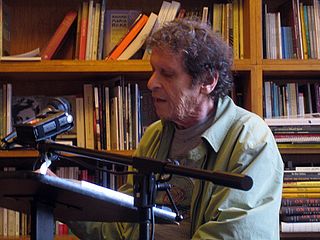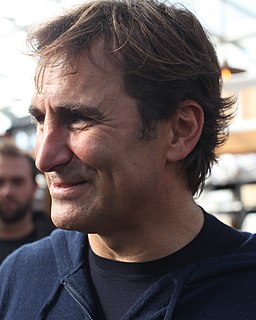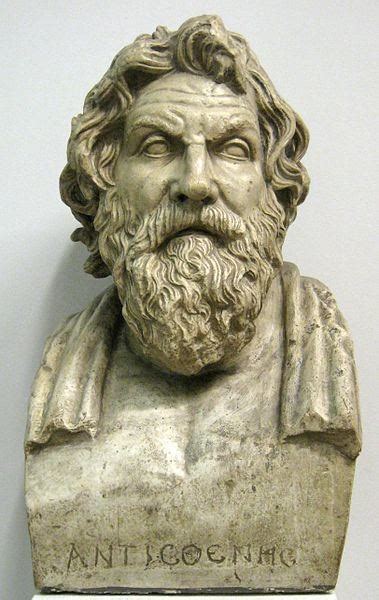A Quote by Francois de La Rochefoucauld
We judge so superficially of things, that common words and actions spoke and done in an agreeable manner, with some knowledge of what passes in the world, often succeed beyond the greatest ability.
Related Quotes
Words have a magical power. They can bring either the greatest happiness or deepest despair; they can transfer knowledge from teacher to student; words enable the orator to sway his audience and dictate its decisions. Words are capable of arousing the strongest emotions and prompting all men's actions.
All people in the world - who are not hermits or mutes - speak words. They speak different languages, but they speak words. They say, "How are you" or "I'm not feeling well" all over the world. These common words - these common elements that we have between us - the writer has to take some verbs and nouns and pronouns and adjectives and adverbs and arrange them in a way that sound fresh.
The more repression there is, the more need there is for irreverence toward those who are responsible for that repression. But too often sarcasm passes for irony, name-calling passes for insight, bleeped-out four-letter words pass for wit, and lowest-common-denominator jokes pass for analysis. Satire should have a point of view. It doesn't have to get a belly laugh. It does have to present criticism.
Some people have the coldest smiles, but have the tenderest hearts. And many have the most tender smiles, but carry the coldest hearts. You cannot judge a man by his smile, but you CAN judge a man by his heart. The smallest actions reveal the most about a hearts true color, so pay attention to them. Actions are the true words of the heart.
I am convinced that it is impossible to expound the methods of induction in a sound manner, without resting them upon the theory of probability. Perfect knowledge alone can give certainty, and in nature perfect knowledge would be infinite knowledge, which is clearly beyond our capacities. We have, therefore, to content ourselves with partial knowledge - knowledge mingled with ignorance, producing doubt.





































